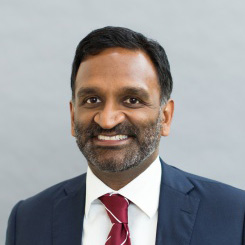After Pope John Paul II’s death on April 2, the European Parliament was torn over a “difficult” decision – whether to lower the flags of the European Institution to half-mast. It seems that some members thought it was inappropriate to honor one of the most pro-European statesmen who ever lived with such a simple gesture. Eventually, they came to their senses and agreed to do so.
Now it seems that the Polish members of the Euro Parliament have bit off more than they can chew – they want to name an entire wing of the parliament building in Brussels after the late Pontiff and beloved compatriot. The reason for the cold feet now is the Catholic Church’s teachings on contraception, homosexuality, and even the perceived response to the pedophilia scandals in the US.
“The European Parliament is not the Holy See of Rome,” said one Alejandro Alvaro, just in case there was any doubt.
Update: In a foreseeable move, the Young European Federalists have opposed naming any EU buildings after the late Pope.

